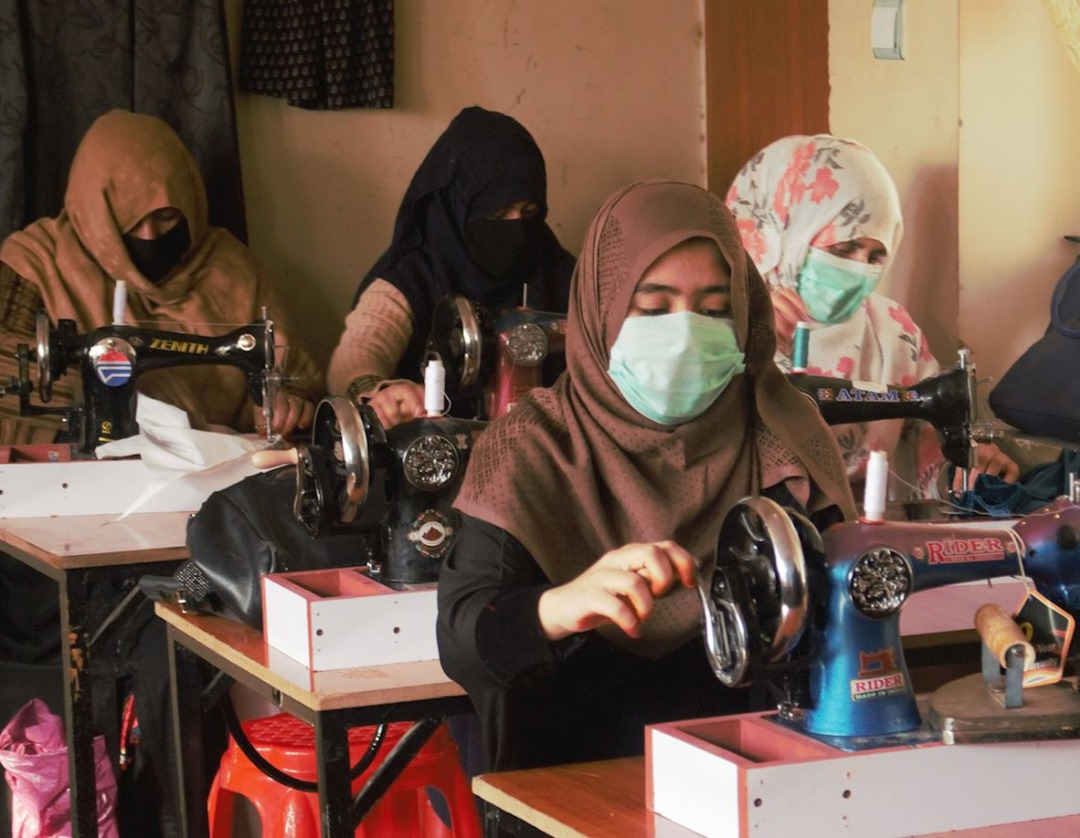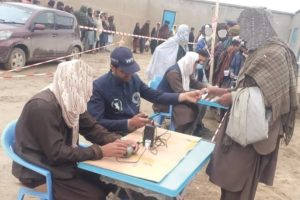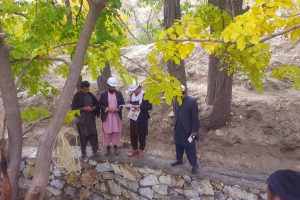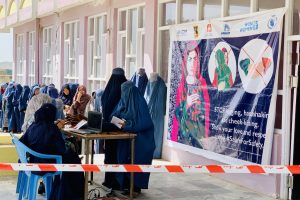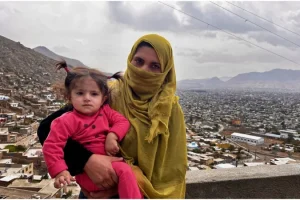Since 2015, HAALO has been a key partner of the World Food Programme (WFP) in Ghazni province, implementing the Unconditional Seasonal Support Project (UCSS). This project is focused on providing life-saving humanitarian assistance in the form of emergency food and cash support to vulnerable households across nine districts of Ghazni province. The Food Security and Livelihood Program addresses both the immediate food needs of crisis-affected populations and long-term resilience-building efforts for sustainable livelihoods.
Key Program Components:
- Unconditional Seasonal Support (UCSS):
- Emergency Food Assistance: HAALO delivers food assistance to households experiencing seasonal food insecurity, particularly during the lean season when agricultural productivity is low and market access is constrained. This support ensures that vulnerable families have access to sufficient and nutritious food.
- Cash Assistance: In areas where markets are functional, HAALO provides cash transfers to households, allowing them to purchase food and essential items based on their needs. This approach helps stimulate local economies while empowering beneficiaries with choice and flexibility.
- Targeted Vulnerability Response: The program prioritizes the most vulnerable households, including those led by women, children, the elderly, and individuals with disabilities, ensuring equitable access to life-saving assistance.
- Capacity Building for Long-Term Food Security:
- Agricultural Training: In partnership with WFP, HAALO trains local farmers on climate-smart agricultural techniques, enabling them to increase food production despite the challenges posed by erratic rainfall and droughts.
- Livestock Management Support: The program provides livestock farmers with training on improved animal husbandry practices, veterinary services, and access to better animal feed, helping to enhance livestock productivity and resilience.
- Community-Based Resilience Building:
- Cash for Work Programs: HAALO supports communities by offering cash-for-work opportunities during the off-season. These activities focus on building or rehabilitating community assets, such as irrigation systems, roads, and water storage facilities, which contribute to long-term food security and improved livelihoods.
- Post-Harvest and Market Support: HAALO facilitates access to improved storage facilities and connects farmers with local markets, helping to reduce post-harvest losses and increase household incomes from crop and livestock sales.
- Emergency Response Preparedness:
- Crisis Response: As part of its humanitarian mandate, HAALO is prepared to deliver rapid emergency food and cash assistance in response to natural disasters, conflict, or other shocks that may exacerbate food insecurity in the region.
- Community Resilience: In collaboration with WFP, HAALO works on strengthening community resilience by promoting diversified livelihoods, creating local savings groups, and providing vocational training to reduce dependency on aid over time.
Through its ongoing partnership with WFP, HAALO’s Food Security and Livelihood Program not only addresses immediate food needs but also fosters sustainable livelihoods and resilience-building in vulnerable communities of Ghazni province. The program aims to reduce hunger, improve household incomes, and build a stronger foundation for long-term food security.
In 2022-2023, HAALO completed 23 solar-powered pipe scheme networks, providing clean drinking water to around 60,000 households in the western and southeastern regions. Hygiene promotion activities included the distribution of soap bars, aqua tabs, and hygiene kits to 190,000 households, emphasizing the importance of proper hygiene practices. HAALO also prioritized WASH initiatives in schools and communities, along with the distribution of hygiene and family care supplies, reaching 127,000 households in 2022 alone. These comprehensive efforts highlight HAALO’s commitment to improving water access, sanitation, and hygiene, contributing to healthier and more resilient communities.
